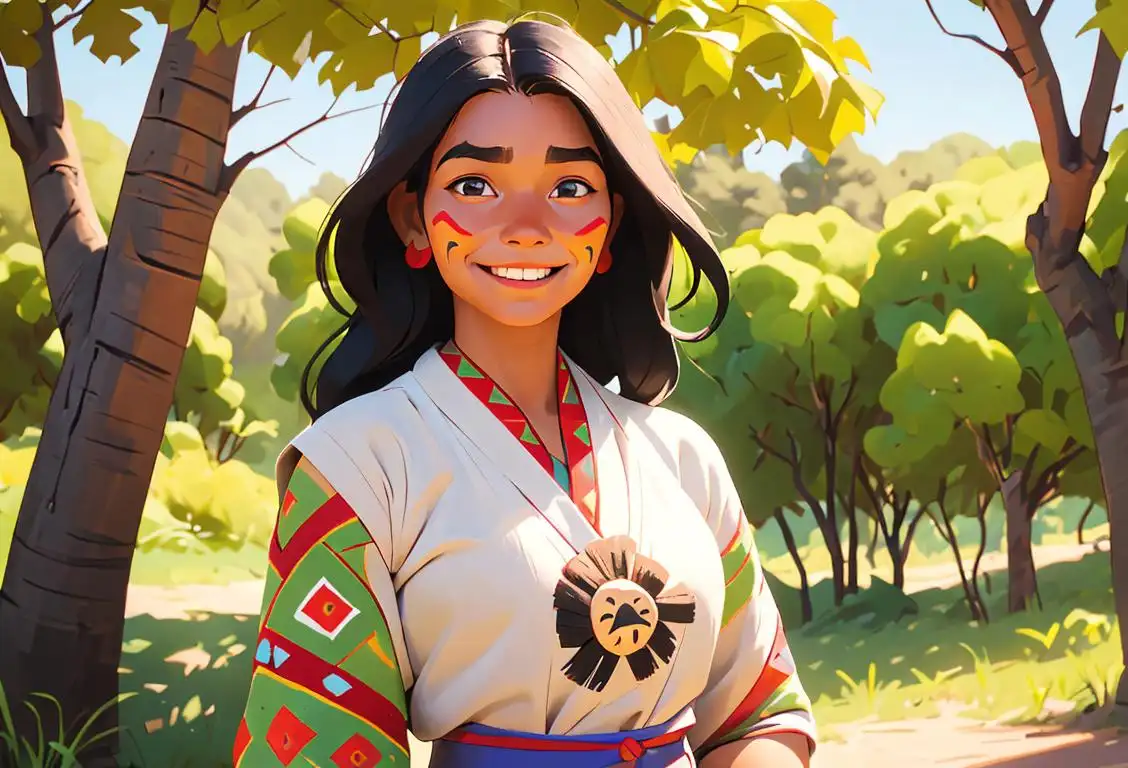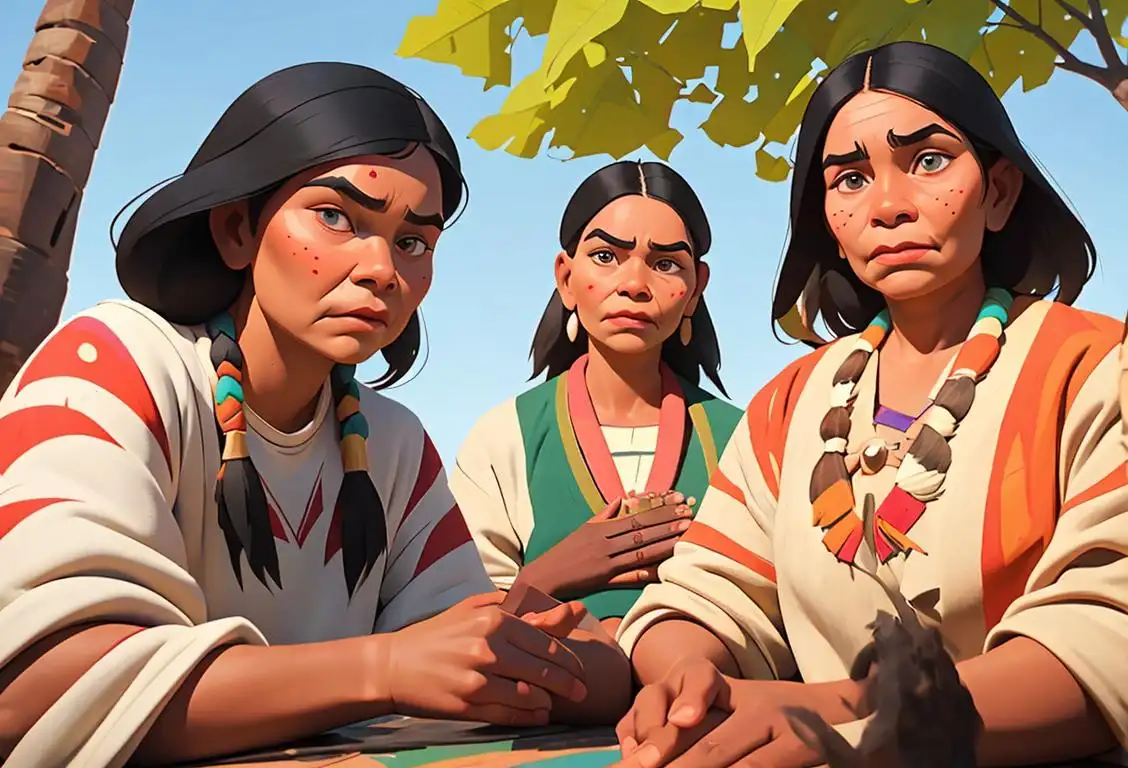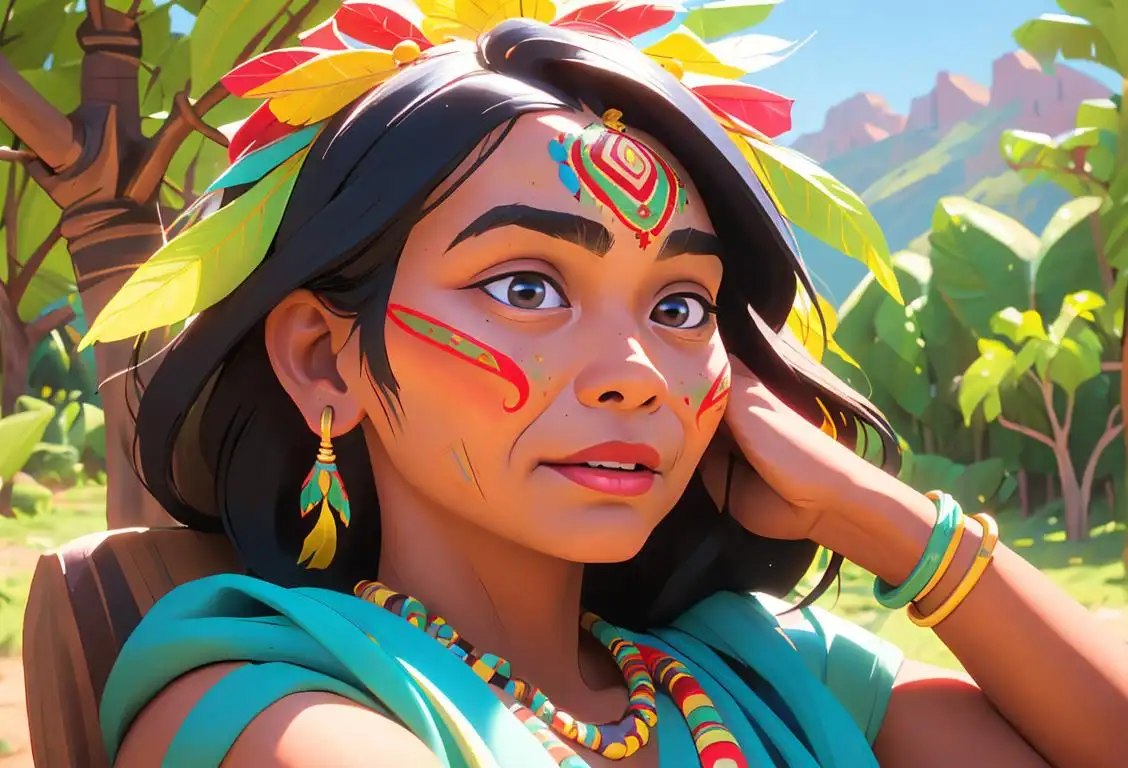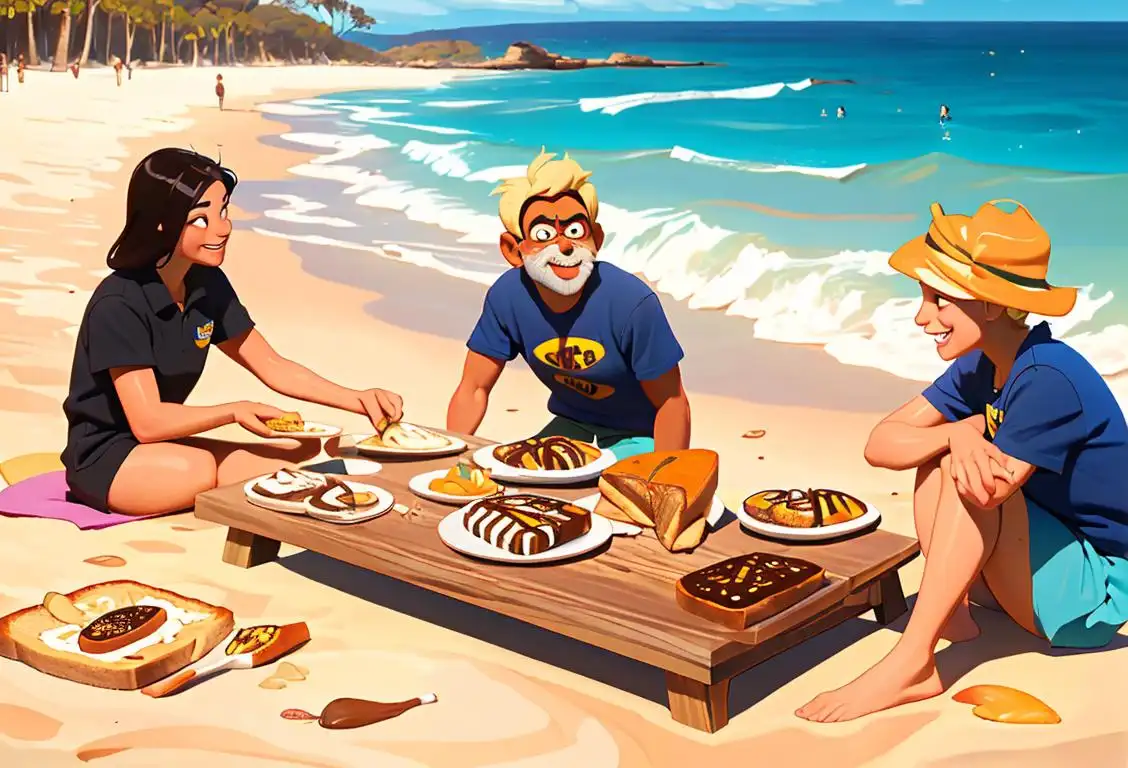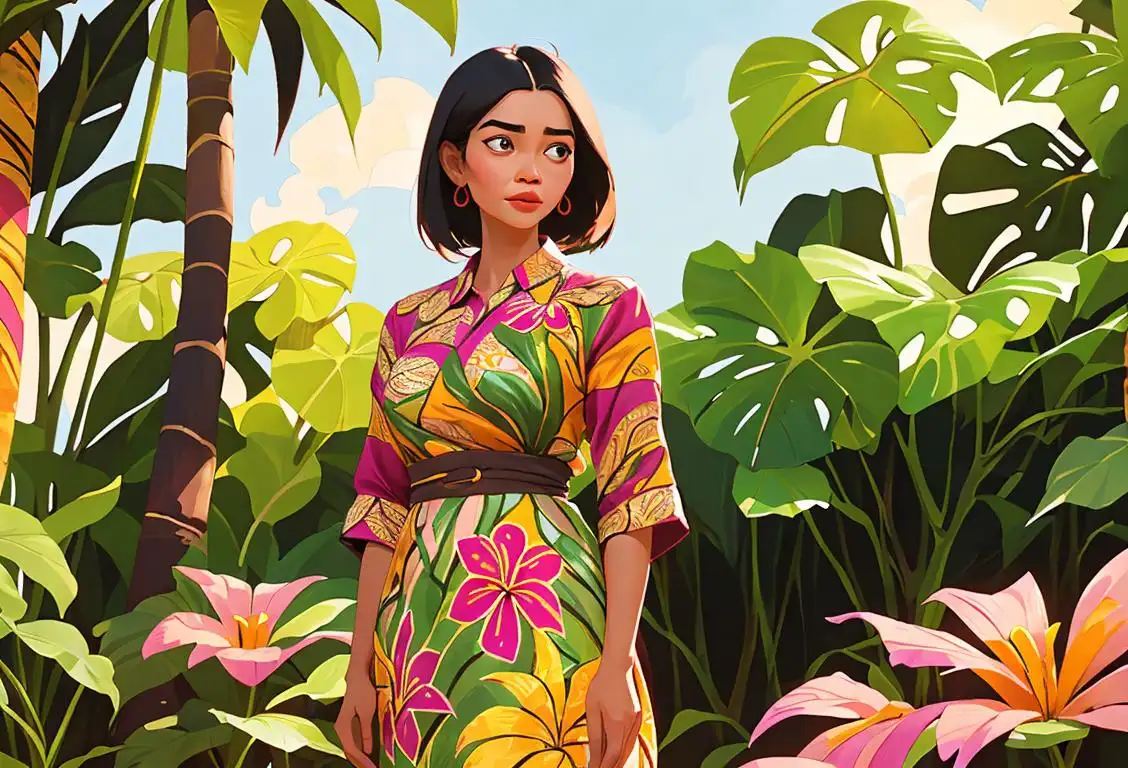National Aboriginal Peoples Day
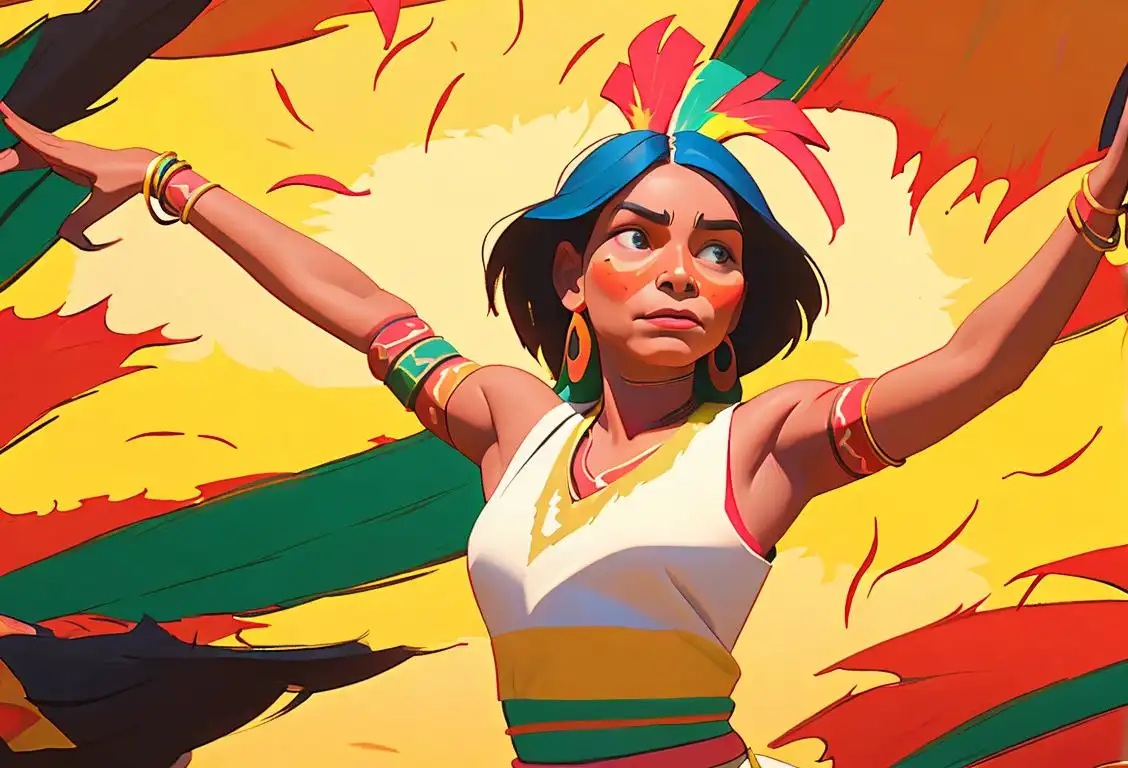
Welcome to the fascinating world of National Aboriginal Peoples Day! Get ready to immerse yourself in the rich culture, traditions, and history of Indigenous peoples. In this article, we'll delve into the significance of this day, share some exciting facts, and explore the internet's role in celebrating and spreading awareness. So, grab a cup of tea, sit back, and let's embark on this enlightening journey together!
When is Aboriginal Peoples Day?
It's national aboriginal peoples day on the 21st June.
The Origins of National Aboriginal Peoples Day
June 21st marks a day of recognition and respect for Indigenous cultures and heritage across Canada. National Aboriginal Peoples Day, also known as Indigenous Peoples Day, celebrates the unique contributions and history of First Nations, Inuit, and Métis peoples.
This special day was officially declared in 1996 by former Governor General of Canada, Roméo LeBlanc, as a response to the recommendations made by the Royal Commission on Aboriginal Peoples. It is a part of the larger celebration of National Indigenous History Month, which takes place throughout June.
History behind the term 'Aboriginal Peoples'
1492
Christopher Columbus and the Encounter
In the year 1492, Christopher Columbus famously embarked on his journey to find a new sea route to Asia. Instead, he stumbled upon the Americas, unknowingly encountering the indigenous peoples who had inhabited the land for thousands of years. These native peoples would later come to be known as the Aboriginal peoples.
16th Century
European Contact and Colonization
As European explorers and colonizers arrived in the Americas, they continued to encounter and interact with the Aboriginal peoples. This era marked the beginning of significant cultural exchanges, trade relationships, and unfortunately, conflicts between the newcomers and the indigenous populations.
18th Century
Scientific Classifications
During the 18th century, scientific classifications of human populations emerged. The concept of 'race' became popular, and Aboriginal peoples were often labeled as a distinct racial group due to their distinct physical characteristics and cultural practices. This classification contributed to the formation of the term 'aboriginal' as a way to identify these Indigenous peoples.
19th Century
Colonial Policies and Assimilation
Throughout the 19th century, many colonial governments implemented policies aimed at assimilating Aboriginal peoples into Western culture. These policies often disregarded the rich cultural heritage of Aboriginal communities and attempted to suppress their languages, traditions, and ways of life.
20th Century
Rights Movements and Recognition
The 20th-century marked a significant turning point in the recognition and rights of Aboriginal peoples. Indigenous rights movements gained momentum, advocating for land rights, cultural preservation, and self-determination. This period saw the acknowledgment of the diverse cultures and contributions of Aboriginal peoples to society.
21st Century
Reconciliation and Resilience
In the 21st century, societies continue to reckon with the historical mistreatment of Aboriginal peoples and work towards reconciliation. Efforts are underway to address past injustices, empower Indigenous voices, and promote equal opportunities for Aboriginal communities. The term 'aboriginal peoples' is now recognized as an important part of the cultural and social fabric of many countries.
Did you know?
Did you know that National Aboriginal Peoples Day coincides with the summer solstice, the longest day of the year? It's a perfect time to celebrate the vibrancy and resilience of Indigenous cultures in Canada and beyond!Tagged
awareness culture heritageFirst identified
23rd June 2019Most mentioned on
21st June 2020Total mentions
25Other days
Indigenous Languages Day
Aboriginal Indigenous Peoples Day
Indigenous Persons Day
Aboriginal Peoples Day
German American Day
Goth Day
Vegemite Day
Eat What You Want Day
Batik Day
History Day
